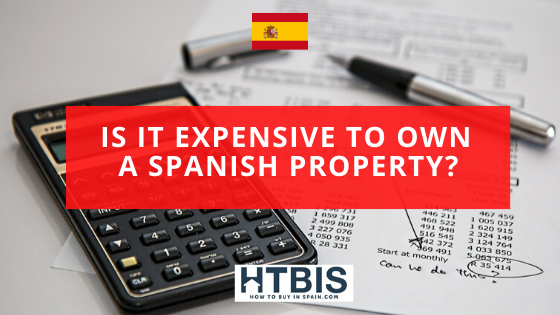 Reading time 2 minutes. Use our table of content for a quick read.
Reading time 2 minutes. Use our table of content for a quick read.
Last Updated on 07/03/2023 by STEPHANE
Automatic translation from Google translate:
Tax residence: What is it? Why do you need to understand it?
Tax residence is a legal concept of great importance internationally. It determines the obligations of natural and legal persons for paying taxes in a given state as “tax resident”. This means, in most jurisdictions, that you will pay taxes on your worldwide income: salaries, pensions, profit from economic activities, interest, dividends, property, capital gains and allocations of income, regardless of the place where they have been generated.
The tax residence is established in relation to each fiscal year (in Spain, January 1st. to December 31st.), is not related to the nationality of individuals, nor necessarily to civil statute, nor is it free choice: it is a matter of fact, whose criteria are provided by the domestic tax laws of each country.
Although there is no complete homogenization on that subject, many countries use to establish similar criteria, like
- Spending in the territory more than half a year (183 days or more)
- The core or principal centre of economic interests
- Where are family members living?
However, there may be different or additional criteria and practicalities in each country, or even presumptions that need to be known.
No impact if you buy a property
It is important to note that, in Spain, the acquisition of real estate property does not, by itself, have any impact on the determination of a person’s fiscal residence. It’s more the time you will spend in it that is important!

Bilateral agreements between countries
It can also happen that laws from two different states define you as a tax resident in their respective territories, which in principle would lead to a double taxation since you would be subject to tax on your worldwide income in both States. To avoid this situation among other reasons, many States have signed bilateral agreements, also known as Double Taxation Agreements (DTA), which incorporate specific criteria to resolve double tax residence conflicts that may arise between the two signatory States.
Ask for your Certificate of Tax Residence
In order to be able to prove the fiscal residence in a given state against another, it is essential that the person applies for a Certificate of Tax Residence before the tax authorities of his State of residence since, in practice, this is the first way to prove your Tax Residence. Other alleged pieces of evidence that could be used to justify a Tax Residence like utility bills, etc. don’t have any power if they are not accompanied by a Certificate of Tax Residence.
Next week we will go further into this subject: Do you have to pay taxes in Spain if you are not resident?
Find a property lawyer in Spain in our network?
Looking for a real estate lawyer in Spain? Follow the link and get one of our local lawyer.
Looking for another real estate expert in Spain: Mortgage, Insurance, Survey of property, Property hunting, …? Ask us directly one of our 100+ local partner!






